En sus propias palabras: Ignacio Bartolomé Como CEO de GDM

Llevando a GDM desde empresa familiar a líder mundial en la industria de las semillas. GDM ES UNA EMPRESA familiar con una historia familiar. Remontémonos al pasado e imaginemos a […]
Knowing the Difference Between Consensus and Engagement Makes ALL the Difference

As I facilitate discussions around the world, I’ve come to learn what makes for a truly successful discussion that results in substantive change versus an outcome that simply keeps status […]
Saber la diferencia entre Consenso y Compromiso hace TODA la diferencia

Como facilitador de debates en todo el mundo, he llegado a aprender qué es lo que hace que un debate sea realmente fructífero y dé lugar a un cambio sustancial, […]
Your Website and The Power of First Impressions

omputerIt’s 2 AM, and I can’t sleep. Every random thing on my to-do list is going through my head. My solution, ask Google, and find solutions so I can fall […]
Su sitio web y el poder de las primeras impresiones

Son las 2 de la mañana y no puedo dormir. Los distintos ítems de mi lista de tareas pendientes me da vueltas en la cabeza. Mi solución es preguntar a […]
Pacific Northwest Wheat Commissions Weigh in on Drought-Tolerant Wheat Trait

The commissions are responding to the recent decision of U.S. Department of Agriculture (USDA)’s Animal and Plant Health Inspection Service (APHIS) to officially deregulated the drought-tolerant HB4® trait in wheat.
This decision paves the way for potential future commercialization of the trait. The wheat commissions of Idaho, Oregon and Washington, which represent Pacific Northwest (PNW) wheat producers, have addressed potential questions from global customers on their website. Here are the official statements from PNW wheat commissions.
Who are the Major Seed Suppliers of the Organic Sector?

All farmers need good seed, irrespective of their agronomy or their markets. The diversity of companies in the sector provides almost all the seeds needed by farmers. Organic farmers have […]
Seed Innovation and Science in Golf

Reflecting on the future of golf course management, Wood emphasizes the vital role of the seed industry in the sport’s evolution. Disease resistance, drought tolerance and sustainability are driving forces in turfgrass innovation.
Sustainability and Precision in Turf Management

Golf is often seen as a luxury sport, one that consumes vast quantities of water and fertilizer. For Quail Hollow, however, sustainability is becoming an increasing focus. Wood’s approach to fertilization demonstrates this commitment to environmental stewardship, employing advanced technology to optimize the course’s inputs.
What Does the Golf Industry Need From the Seed Sector?

As golf courses face increasing environmental and regulatory pressures, the seed industry is becoming more essential to the sport’s future. Wood emphasizes that the challenges facing modern golf course management require innovative solutions from seed breeders. He believes the industry’s role in creating resilient, sustainable turf varieties is more crucial than ever.
Seeding a PGA Championship

When the PGA Championship returns to Charlotte, North Carolina in 2025, Quail Hollow Club will have touched every inch of the course to meticulously prepare for the world’s best golfers. Behind the scenes of this storied event is Keith Wood, the golf course superintendent, whose responsibility lies in ensuring the perfect balance of playability and aesthetics for a major championship. But achieving this isn’t simply about watering greens and trimming fairways — it’s about innovation, precision and selecting the right seeds.
Turfgrass Water Conservation Alliance Advancing Sustainable Practices for Performance

The Turfgrass Water Conservation Alliance (TWCA) is leading the charge toward more sustainable turfgrass management by certifying grasses that use significantly less water while maintaining high performance. Its primary mission is to identify and certify grasses that use significantly less water while maintaining high performance in terms of playability, aesthetics, and overall health.
The ISSB Concept has Run up Against a Legislative Wall

The Canadian Food Inspection Agency says implementing the idea fully could take as long as a decade. Seeds Canada’s push for a transformative industry advisory body is just one part […]
La Adquisición de GDM de los Activos de Maiz y Sorgo de KWS y su Importancia Para el Sector Semillero Sudamericano

A principios de agosto de 2024, GDM inició el proceso formal de integración de los activos de maíz y sorgo de KWS en Sudamérica, tras la aprobación del Consejo Administrativo […]
Tomatoes in Space

Researchers at the University of California Riverside, reported in a recent news release, have genetically altered tomato plants to grow in an ideal size for planting in space, potentially allowing astronauts to grow and eat freshly picked fruits aboard the International Space Station (ISS).
Strategic Dialogue Report Shapes Future EU Agricultural Policy

The final report of the Strategic Dialogue on the future of EU agriculture (SDA) was officially delivered Sept. 4 to European Commission by President Ursula von der Leyen. This marks […]
Long-Term Vision is Key to Success

Limagrain was founded almost 60 years ago as a cooperative of local farmers in central France and has since grown to become the fourth largest seed company in the world. That’s […]
Long-Term Vision is Key to Success

Limagrain was founded almost 60 years ago as a cooperative of local farmers in central France and has since grown to become the fourth largest seed company in the world. That’s […]
Long-Term Vision is Key to Success

Limagrain was founded almost 60 years ago as a cooperative of local farmers in central France and has since grown to become the fourth largest seed company in the world. That’s […]
Do You Want to Be Right? Or, Do You Want Things to Go Well?

At Seed World Group, one of our interview questions is, ‘When was the last time you changed your mind about something?’ It’s shocking to me how often people don’t have […]
Register Now for Our Next Webinar on Innovation in Cereal Breeding

Join us for an insightful Seed World Retail Strategy webinar focused on Innovations in Cereals, where experts in the field will share their knowledge and breakthroughs in cereal production. This […]
From Backpacks to Seed Packs: Get Ready to Learn the Art of Grading
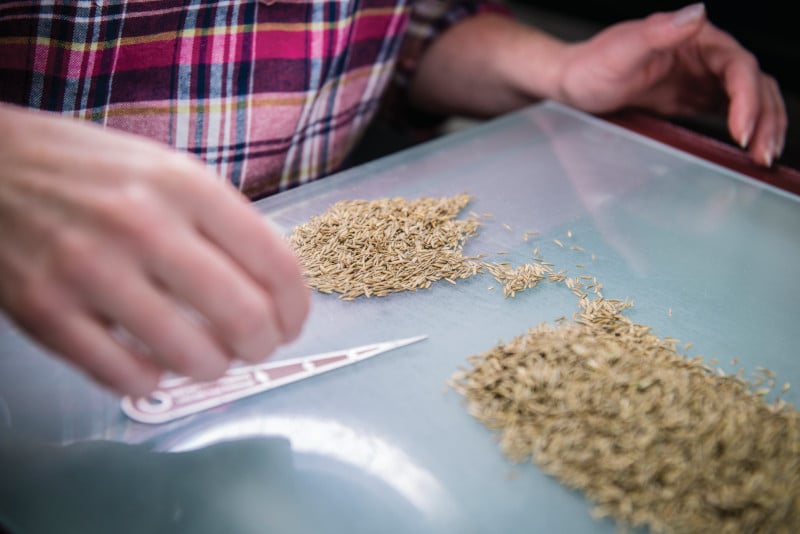
It’s September, which means school buses are rolling, playgrounds are buzzing, and class is back in session. Back to school has me thinking about back to school for the seed […]
Knowledge of Genetics is Changing the Face of Pest Management
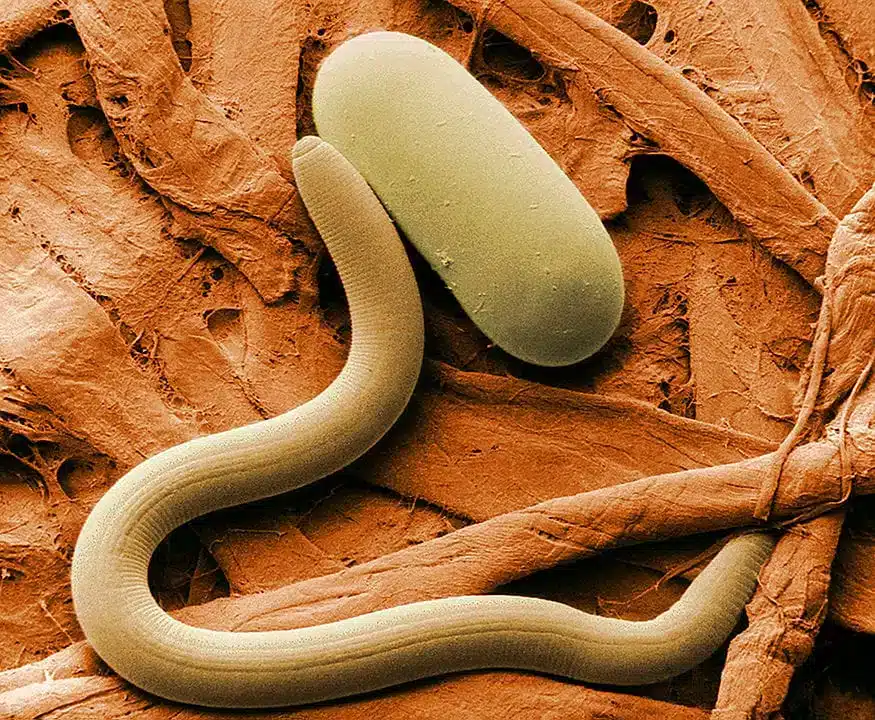
When it comes to wheat midge, soybean cyst nematode and root rot in pulses, researchers are staying ahead of the enemy. Imagine you’re a tiny wheat midge, buzzing around in […]
Vilsack Not Opposed to Another Term

The U.S. Secretary of Agriculture will consider continuing to serve if asked. According to a news release from the Governors Biofuels Coalition, U.S. Secretary of Agriculture Tom Vilsack has indicated […]
Creative Destruction in the Plant Breeding Sector

Creative destruction in the plant breeding sector involves innovations that significantly disrupt traditional practices, leading to the decline or transformation of existing methods, products, or industries. Here are some notable […]
Choosing the Right Crops for Future Climates
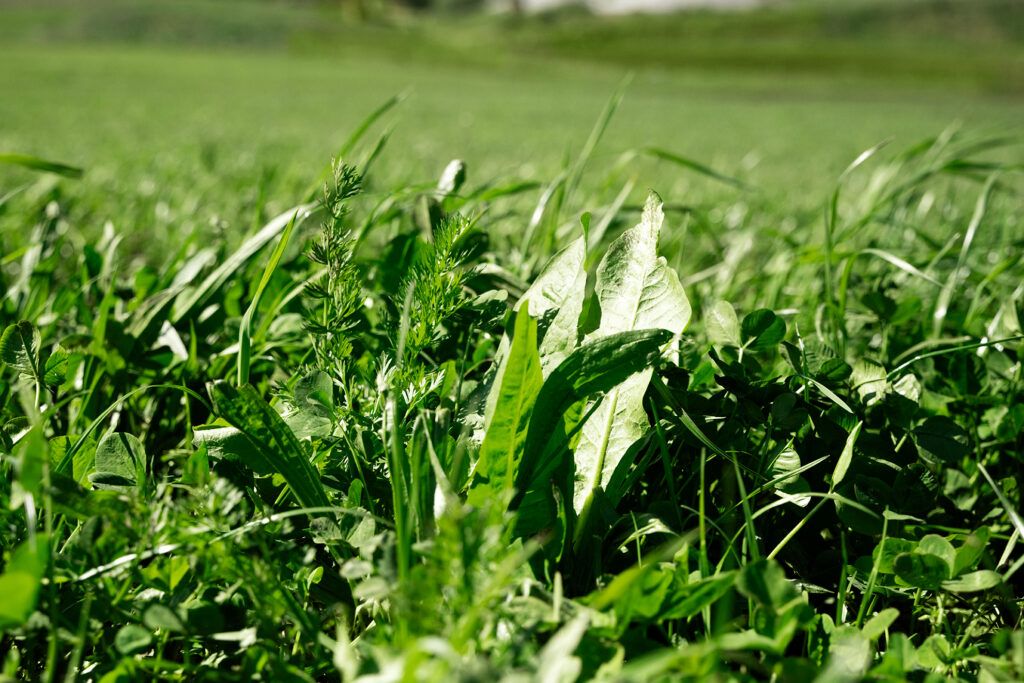
Climate change is increasingly central to political agendas, media discussions, and agricultural planning. Once casual conversations about tomorrow’s weather have shifted to serious concerns about how future climate conditions will […]
The Right Product on the Right Acre is Key

One thing I’ve learned from working with wheat in West Central North Dakota for so many years is that it’s hugely important for the right product to be grown on […]
CSGA is 120 Years Young! You can Help it Celebrate

As we mark the 120th anniversary of the Canadian Seed Growers’ Association (CSGA), I am filled with profound pride and gratitude. This milestone is more than just a number; it […]
Petra Jorasch on the Euroseeds2024 InnovAction Stage: A Deep Dive into Plant Breeding Innovations
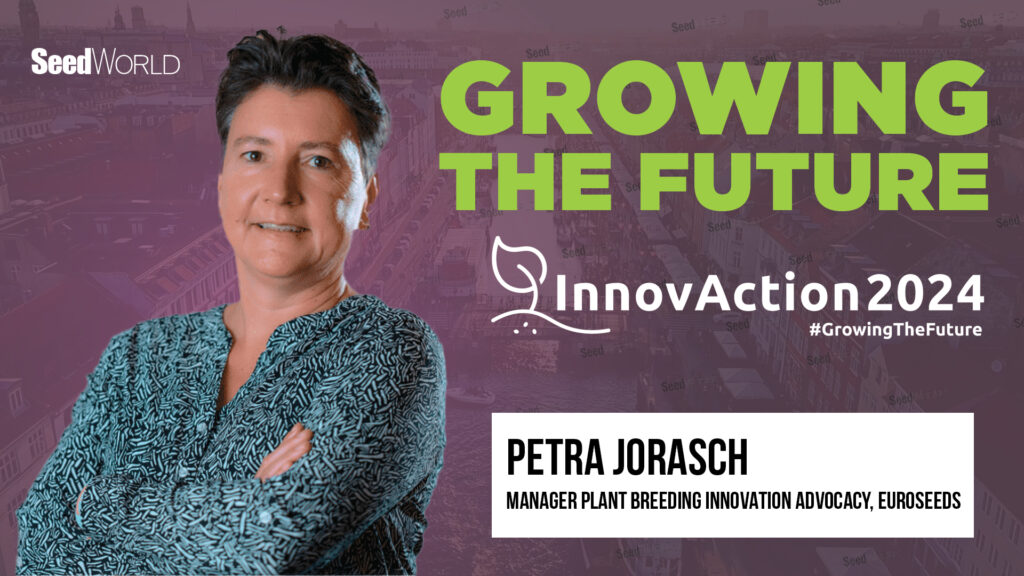
Join us as Petra Jorasch, Manager of Plant Breeding Innovation Advocacy at Euroseeds, shares exclusive insights into the Euroseeds2024 InnovAction Stage, where the spotlight is on the latest advancements in […]
Indiana Crop Improvement Announces New Testing and Analysis for Corn Seed
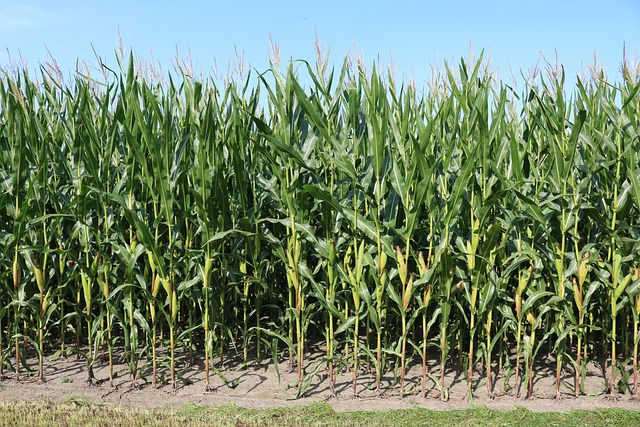
New genetic testing assay and genetic purity analysis uses DNA markers. Indiana Crop Improvement Association Inc. (ICIA) recently announced the development and release of a new genetic testing assay, genetic […]
See you at the Seed Congress of the Americas in Buenos Aires!

From World Seed Congress to the Association of Official Seed Certifying Agencies’ annual meeting, to the Seeds Canada meetings and a ton of meetings in between, I’ve been on the […]
Business and Bubbly: Ellen Sparry Lets us Have a Look at her Leadership Playbook

As Ellen Sparry looks back on her three-year tenure as president of Seeds Canada, her voice is tinged with nostalgia, but also pride. “My favorite memory? There are so many, […]
Knocking out the Problem You Didn’t Know You Had

Nematodes, which are microscopic worms, are everywhere. They’re the most ubiquitous organism on Earth. While their levels and specific species vary depending on soil health and type, geographic location, previous […]
Knowing the Difference Between Consensus and Engagement Makes ALL the Difference

As I facilitate discussions around the world, I’ve come to learn what makes for a truly successful discussion that results in substantive change versus an outcome that simply keeps status […]
UK Government Posts Changes to Sustainable Farming Incentive

The UK Government published a summary of recent changes to the actions and scheme information for the expanded Sustainable Farming Incentive (SFI) on GOV.UK. The majority of the updates have been implemented […]
Scientists are Drowning Tomatoes
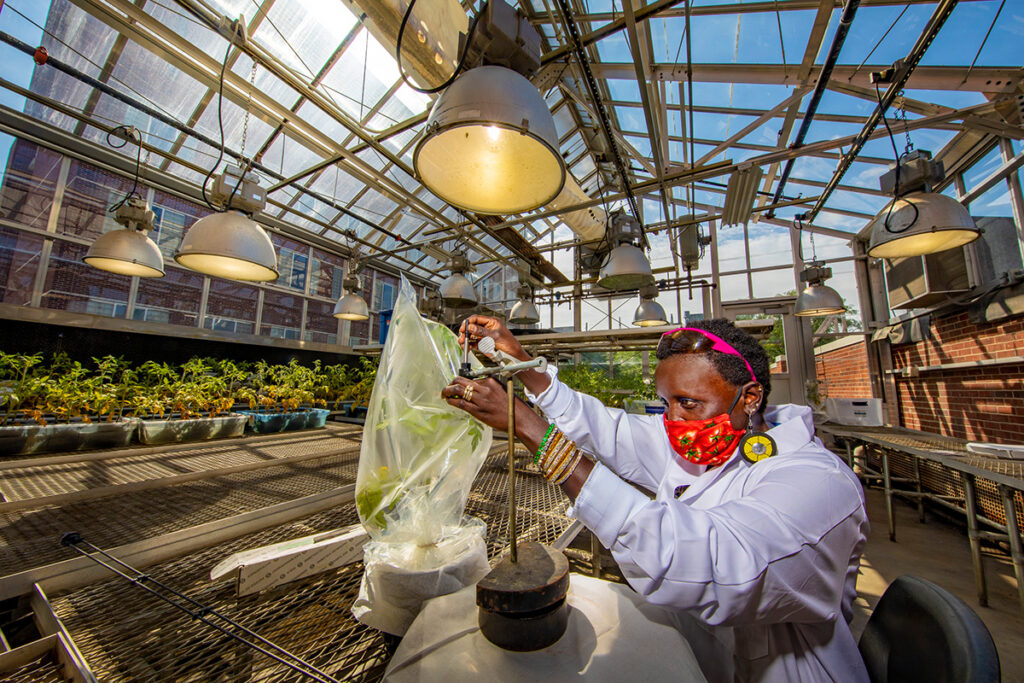
In the rooftop laboratory of Morrill Hall, Esther Ngumbi, an entomology professor at the University of Illinois Urbana-Champaign, faces the challenge of making her voice heard over the roaring greenhouse fans. The benches around her are filled with struggling tomato plants. Some are submerged in water, with yellowing leaves and withering stems, while a few have managed to produce small, fragile tomatoes. It’s a distressing scene, but this is all part of Ngumbi’s deliberate experiment, detailed in a UI news release, to test how these plants respond to flooding—a growing concern for farmers due to climate change.
